As the popularity of the ketogenic diet continues to rise, many people are seeking out low-carb, high-protein foods to support their weight loss and health goals. However, for vegetarians and vegans, finding keto-friendly protein sources can be a challenge, as many common sources of plant-based protein are also high in carbohydrates.
Fortunately, there are several keto-friendly vegetarian protein sources that can provide the protein and nutrients you need while still keeping you in ketosis. In this article, we’ll explore the top 5 keto-friendly vegetarian proteins, including their nutritional benefits, cooking tips, and recipe ideas.
What is the Ketogenic Diet?
Before we dive into the top keto-friendly vegetarian proteins, let’s briefly review what the ketogenic diet is and how it works. The ketogenic diet is a low-carb, high-fat diet that encourages the body to burn fat for fuel instead of glucose. By limiting carbohydrate intake and increasing fat intake, the body enters a metabolic state called ketosis, where it produces ketones from fat to use for energy.
Why Choose Vegetarian Protein Sources?
While animal protein sources like meat, poultry, and fish are excellent sources of protein, they may not be suitable for vegetarians or vegans. Additionally, some people may prefer to limit their consumption of animal products for ethical or environmental reasons. Fortunately, there are many high-quality vegetarian protein sources that can provide all the essential amino acids needed for optimal health.
Top 5 Keto-Friendly Vegetarian Proteins
Tofu
Tofu, also known as bean curd, is a versatile soy-based protein that can be used in a variety of dishes. One half-cup of firm tofu contains approximately 10 grams of protein and only 2 grams of net carbs, making it an excellent keto-friendly option. Tofu is also a good source of iron, calcium, and other essential nutrients.
Tempeh
Tempeh is another soy-based protein that is made from fermented soybeans. One half-cup of tempeh contains approximately 15 grams of protein and only 4 grams of net carbs, making it a great option for vegetarians following a ketogenic diet. Tempeh is also a good source of probiotics, which can help support gut health.
Seitan
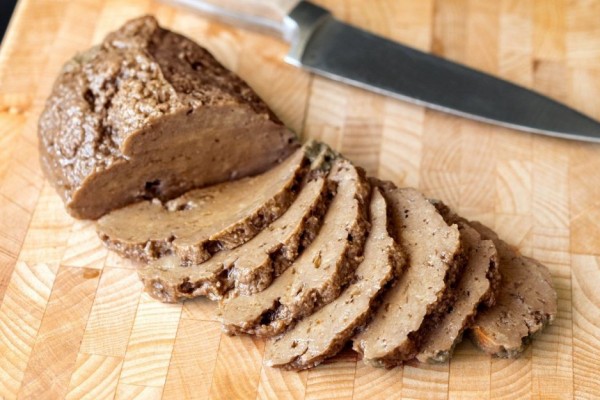
Seitan, also known as wheat meat, is a high-protein, low-carb vegetarian protein source that is made from wheat gluten. One half-cup of seitan contains approximately 30 grams of protein and only 5 grams of net carbs, making it an excellent option for those following a ketogenic diet. Seitan is also a good source of iron and other essential nutrients.
Nuts and Seeds
Nuts and seeds are a great source of healthy fats and protein, making them an excellent keto-friendly vegetarian protein source. Some of the best options include almonds, walnuts, macadamia nuts, chia seeds, and flaxseeds. One ounce of almonds contains approximately 6 grams of protein and only 2 grams of net carbs, making it an excellent option for snacking or adding to salads.
Nutritional Yeast
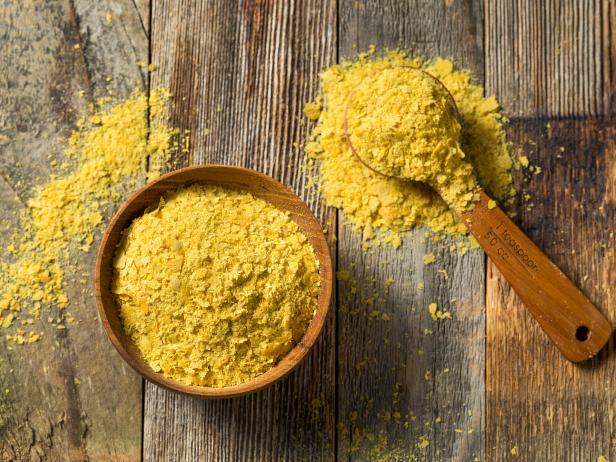
Nutritional yeast is a deactivated yeast that is often used as a seasoning or condiment in vegetarian dishes. One tablespoon of nutritional yeast contains approximately 2 grams of protein and only 1 gram of net carbs, making it a great option for adding a cheesy flavor to dishes without adding carbs. Nutritional yeast is also a good source of B vitamins and other essential nutrients.
Tips for Cooking with Vegetarian Proteins
Cooking with vegetarian proteins can be a bit different than cooking with animal-based proteins. Here are some tips to help you get the most out of your keto-friendly vegetarian protein sources:
- Tofu: To get the best texture from tofu, it’s important to press it before cooking to remove excess water. You can do this by placing the tofu between two paper towels and putting a heavy object on top for about 30 minutes. Once pressed, tofu can be cubed, sliced, or crumbled and used in a variety of dishes.
- Tempeh: Tempeh can be sliced or crumbled and used in stir-fries, salads, and sandwiches. Because it has a nutty flavor, it pairs well with bold flavors like ginger, garlic, and soy sauce.
- Seitan: Seitan can be sliced or diced and used in stir-fries, stews, and sandwiches. Because it has a chewy texture, it’s a great option for dishes that would traditionally use meat.
- Nuts and seeds: Nuts and seeds can be used as a snack or added to salads, smoothies, and baked goods. To get the most nutritional benefits, choose raw or roasted nuts and seeds instead of those that are coated in sugar or other additives.
- Nutritional yeast: Nutritional yeast can be used as a seasoning on popcorn, pasta, and vegetables. It can also be used to make vegan cheese sauces and dressings.
Recipe Ideas
Looking for some inspiration for how to use these keto-friendly vegetarian protein sources? Here are some recipe ideas to get you started:
- Tofu scramble with veggies and avocado
- Tempeh stir-fry with broccoli and ginger
- Seitan tacos with avocado salsa
- Mixed nuts and seeds trail mix
- Cheesy vegan pasta with nutritional yeast
While following a vegetarian keto diet may seem challenging, there are plenty of high-quality protein sources that can help you meet your nutritional needs while staying in ketosis. By incorporating these top 5 keto-friendly vegetarian proteins into your meals and snacks, you can enjoy a delicious and varied diet that supports your health goals.
FAQs (Frequently Asked Questions)
Is it possible to follow a keto diet as a vegetarian or vegan?
Yes, it is possible to follow a keto diet as a vegetarian or vegan by focusing on high-quality protein sources like those listed in this article.
How much protein do I need on a keto diet?
The amount of protein you need on a keto diet depends on factors like your body weight, activity level, and health goals. Generally, it’s recommended to aim for at least 0.6-0.8 grams of protein per pound of body weight.
Can I eat beans on a keto diet?
While beans are a good source of protein, they are also high in carbohydrates and may not be suitable for a strict ketogenic diet. However, some people may be able to include small amounts of beans in their diet and still stay in ketosis.
How can I ensure I’m getting enough nutrients on a vegetarian keto diet?
To ensure you’re getting all the essential nutrients you need on a vegetarian keto diet, it’s important to focus on a variety of high-quality protein sources, as well as nutrient-dense vegetables, healthy fats, and low-carb fruits.
Are there any potential drawbacks to following a vegetarian keto diet?
While following a vegetarian keto diet can have many health benefits, it’s important to note that it may not be suitable for everyone. Some people may experience digestive issues or nutrient deficiencies if they don’t properly plan their meals and ensure they’re getting all the necessary nutrients. It’s always best to consult with a healthcare professional before making any significant dietary changes.


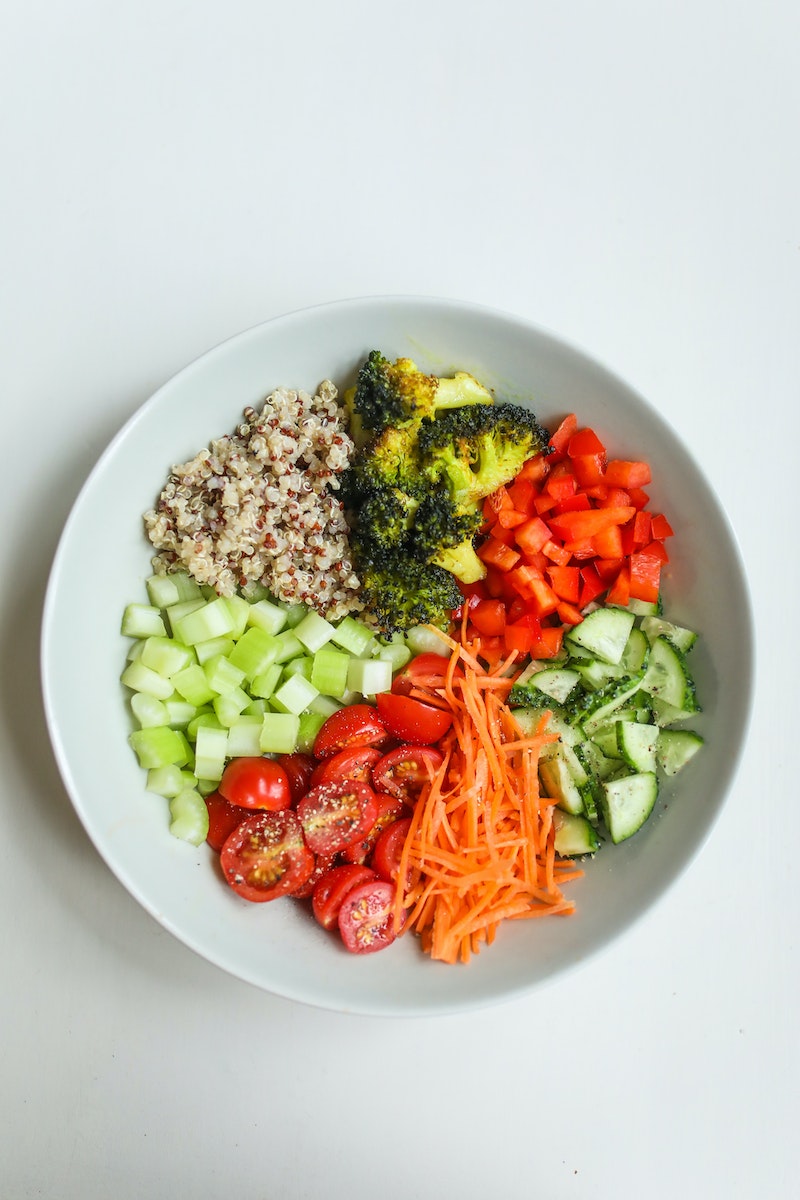
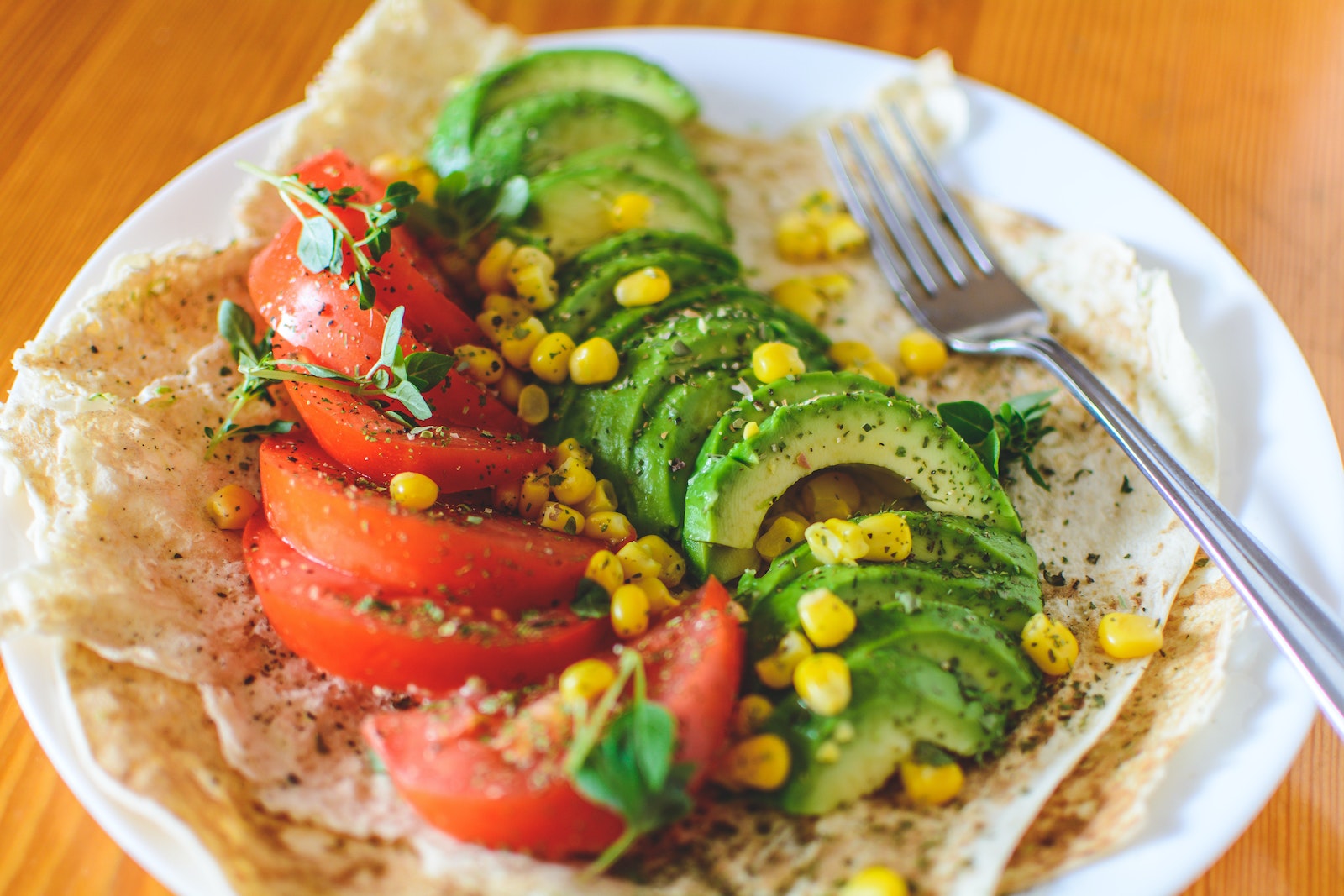
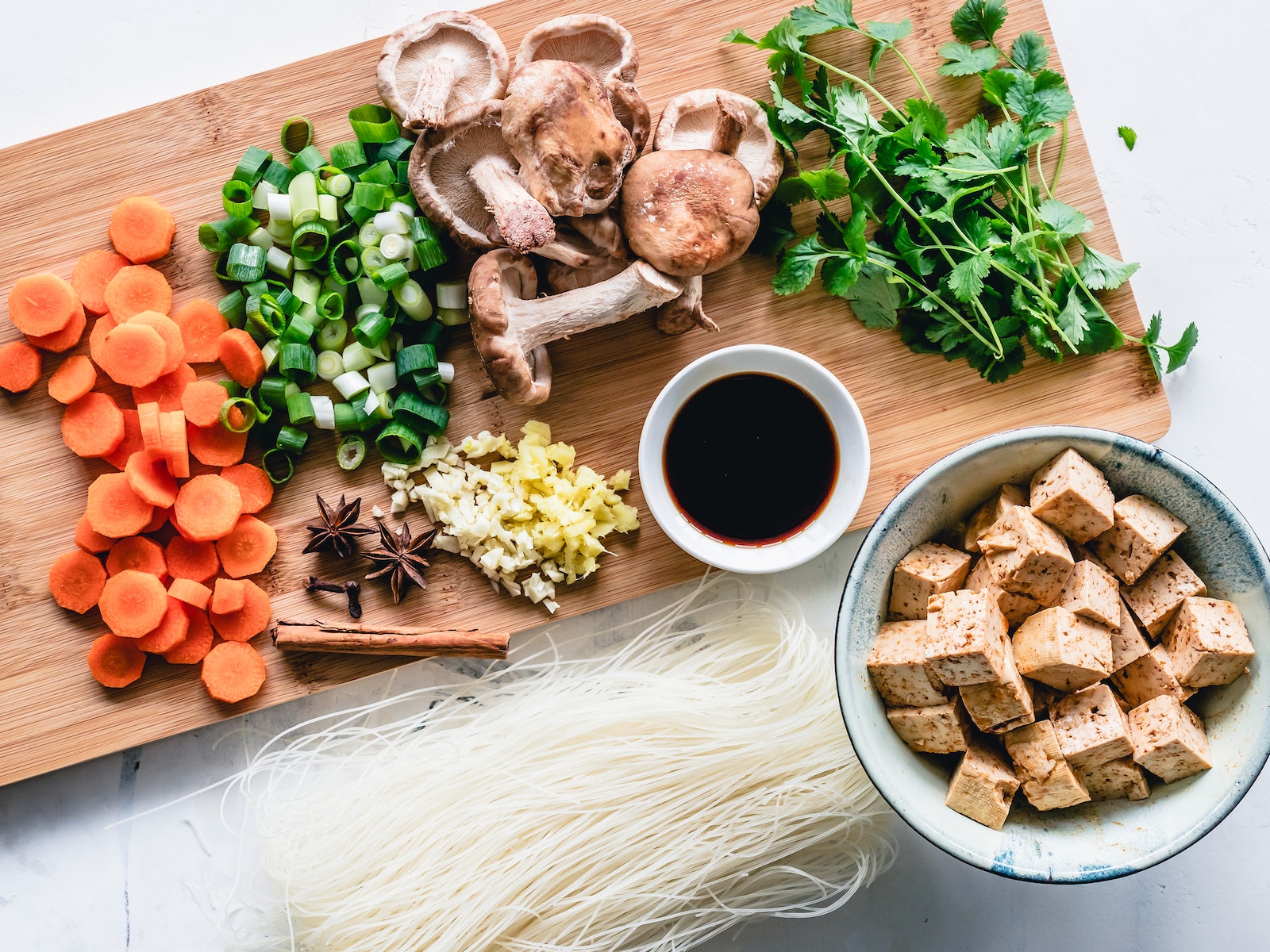

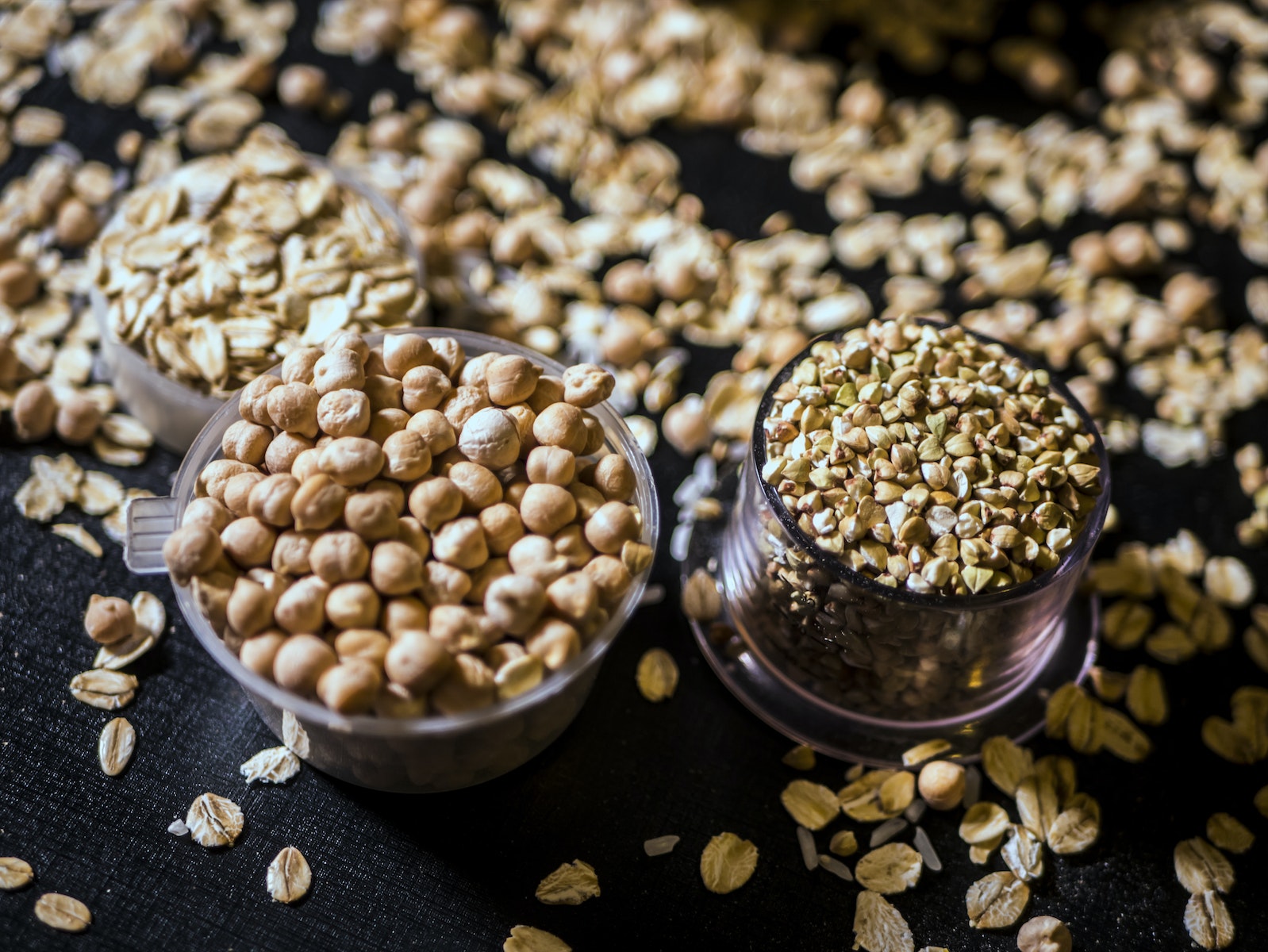
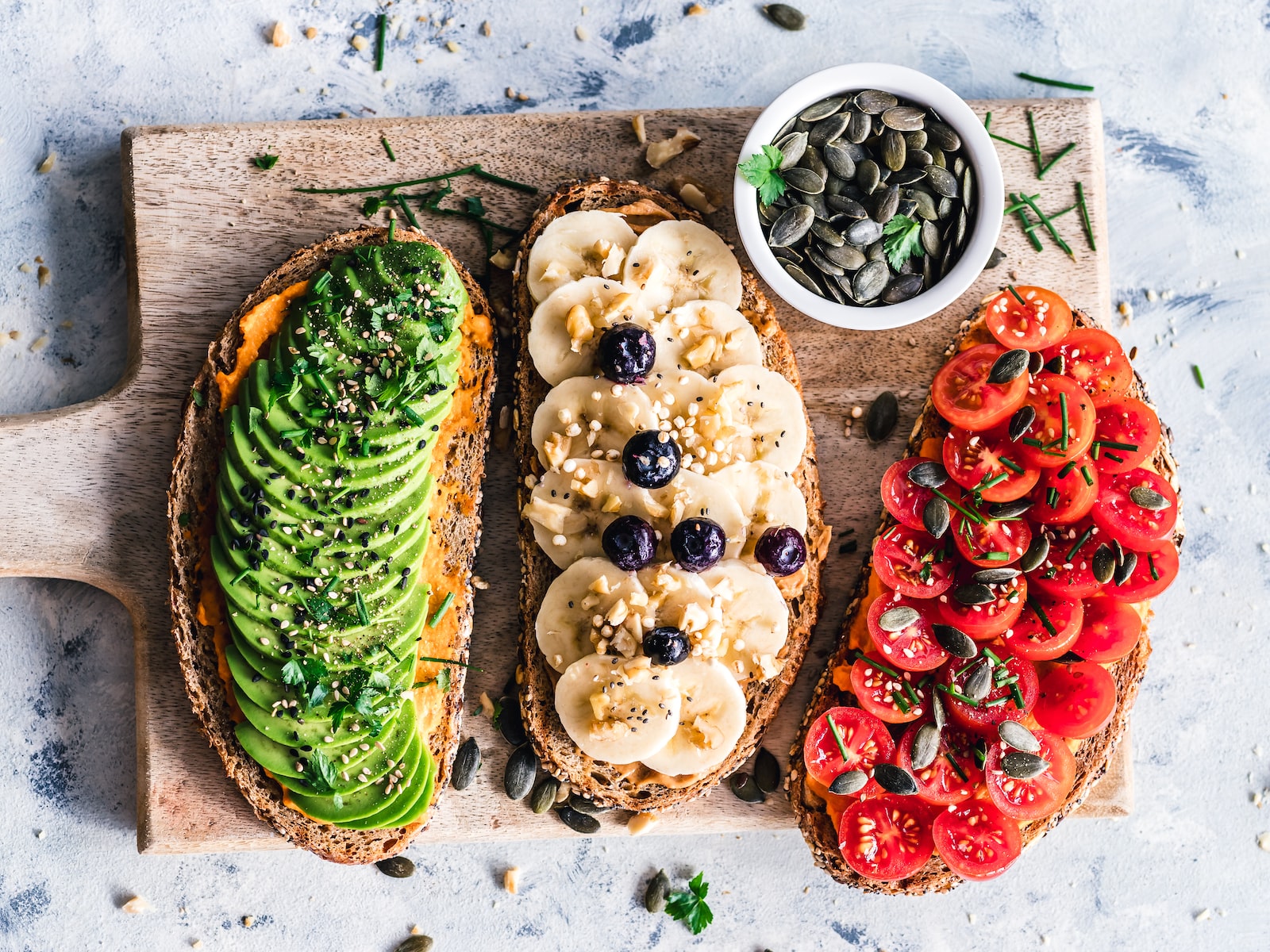
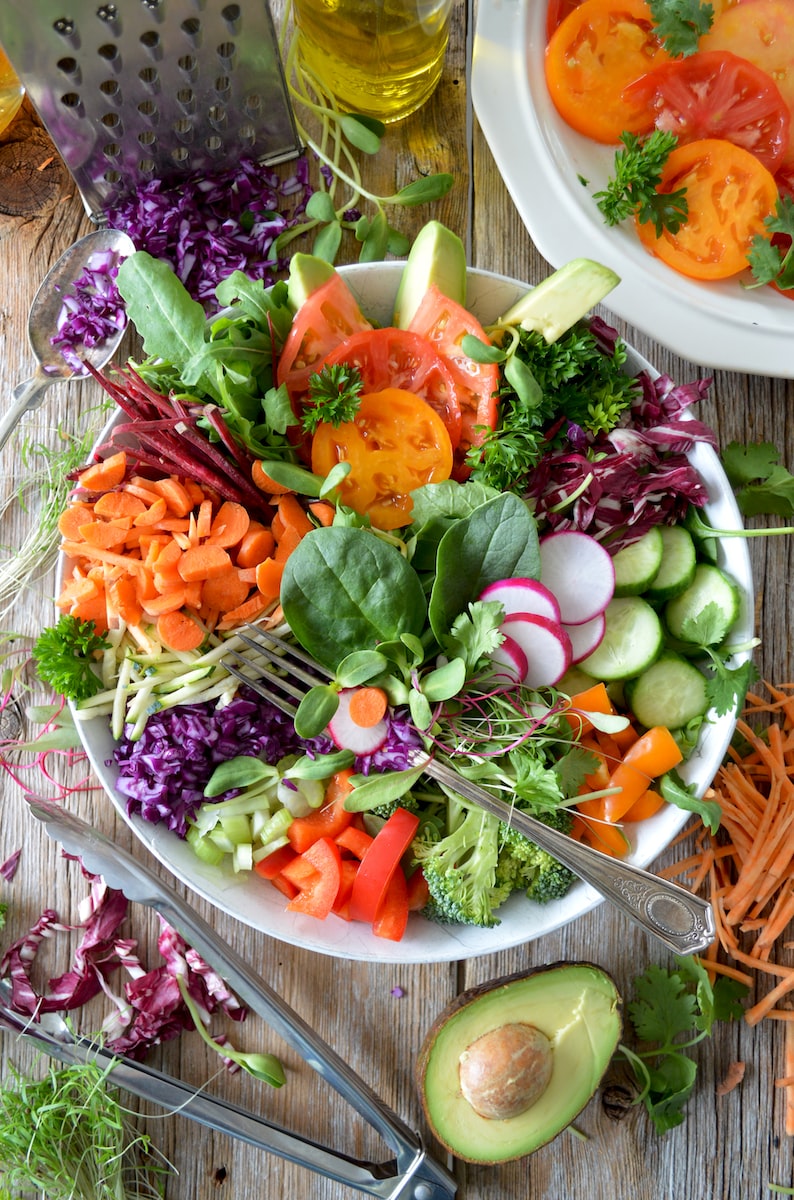
Leave a Reply